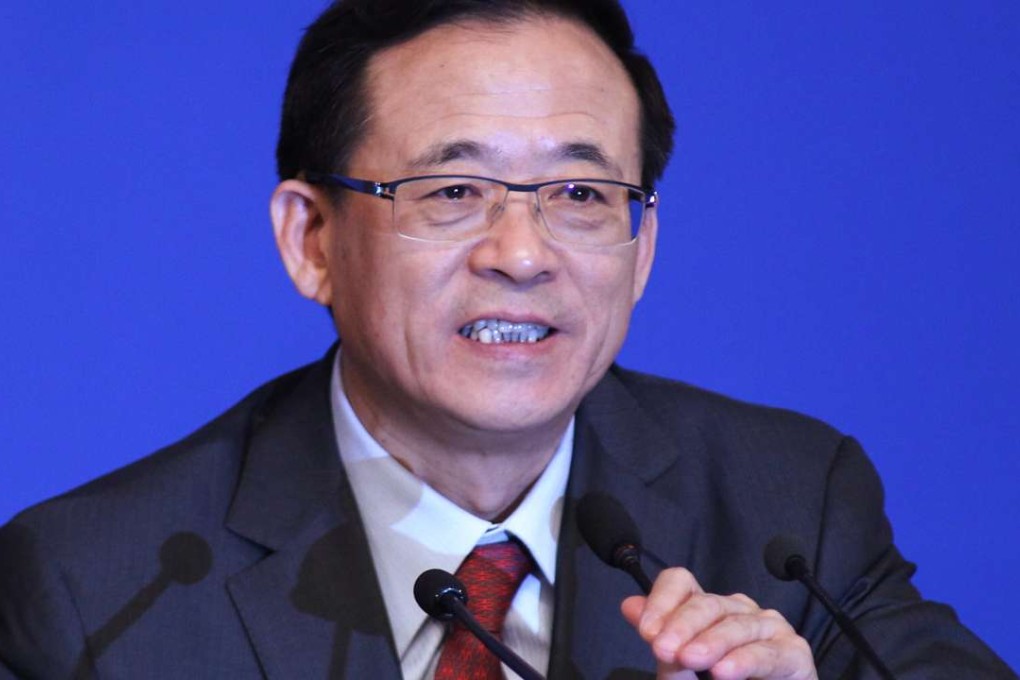China’s top securities regulator set to continue with strict oversight approach
Regulator to crack the whip on stock market violators, plans more stringent action to check speculation and manipulation on China’s bourses

Liu Shiyu, who took the reins at the China Securities Regulatory Commission (CSRC) in late February, is making the regulatory style tougher and tighter as he battles to restore investor confidence one year after the equity market suffered a major crash.
Jiang Yang, deputy chairman of the CSRC, while speaking at the Lujiazui Forum in Shanghai on Sunday, reiterated the commission’s commitment, saying it would enforce mandatory delisting according to law and fend off speculation and market manipulation under the disguise of restructuring, or mergers and acquisitions by listed companies.
Since taking the helm of China’s top securities regulator, Liu has taken a hands-on approach to supervising one of the most wild capital markets in the world.
“Clearly, our top leaders want a slow bull market based on healthy pricing, rather than a crazy bull based on speculation and bubbles, after learning a lesson in last summer’s stock rout, and Liu is working on that,” said a Shanghai-based analyst with a state-owned brokerage, who asked not to be identified.